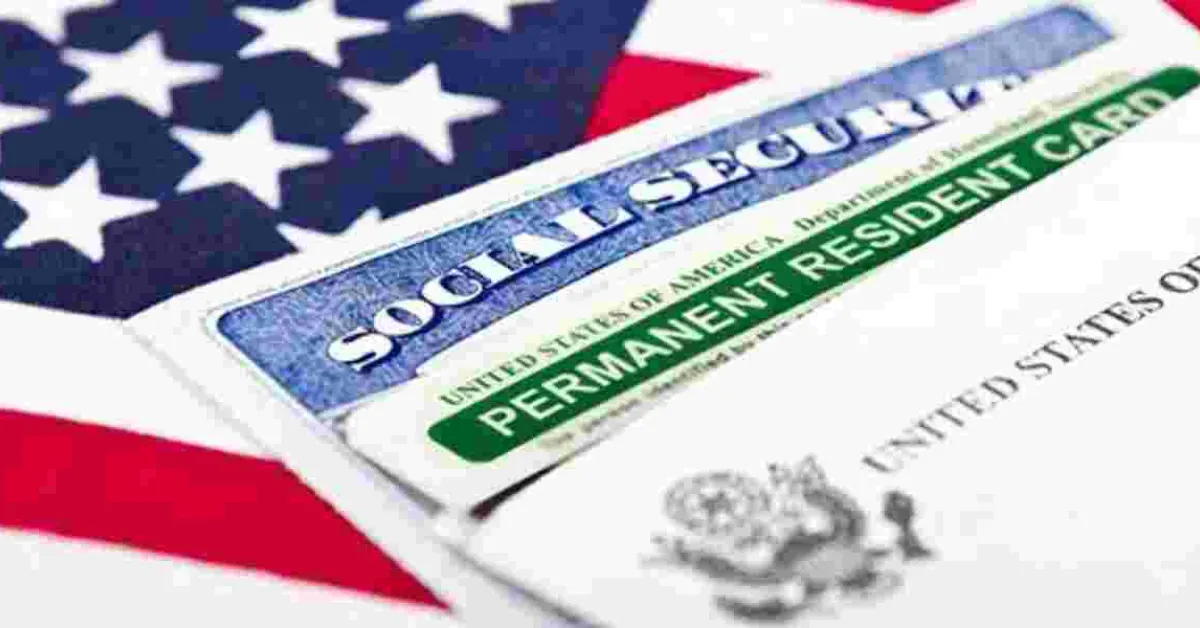USCIS Revises Rules to Protect EB-5 Visa Applicants

The United States Citizenship and Immigration Services (USCIS) has implemented policy changes to enhance protection for legitimate investors participating in the EB-5 visa program.
This initiative aims to safeguard individuals who have acted in good faith but may encounter difficulties due to issues with regional centres or other program participants. The EB-5 visa, also referred to as the investment-linked green card program, provides foreign investors with a pathway to permanent residency in the United States through qualifying investments in US businesses. This program has gained popularity among high-net-worth professionals, including those currently holding H-1B visas, as it offers an expedited route to US citizenship. To be eligible for the EB-5 visa, investors must meet specific criteria which include investing $800,000 in projects located in Target Employment Areas (TEAs), which encompass rural or high-unemployment regions, or $1,050,000 for investments outside TEAs.
Additionally, applicants must generate a minimum of ten jobs within the US economy. Investors have the option to make direct investments by operating a business or to invest indirectly through regional centers that manage large-scale projects such as infrastructure development or hospitality ventures. In recent years, numerous investors have faced challenges that not only resulted in financial losses but also jeopardized their prospects of obtaining permanent residency due to mismanagement by regional centers. To address these concerns, the US government introduced the EB-5 Reform and Integrity Act of 2022. This legislation is designed to protect investors who adhere to the rules while shielding them from the consequences of misconduct by other parties involved in the program.
The EB-5 Reform and Integrity Act focuses on protecting good faith investors who have not engaged in fraudulent activities thus ensuring they maintain eligibility for permanent residency. The Act also provides re-association opportunities, allowing investors to connect with another qualifying entity should USCIS terminate a regional center or debar a new commercial enterprise (NCE). This flexibility enables investors to continue their path to citizenship without starting the process anew. The job creation requirement remains in place, mandating that investors create or preserve at least ten full-time jobs for qualified US workers. Furthermore, the Act emphasizes transparency and compliance within the program, ensuring all parties adhere to regulations and uphold ethical standards. USCIS has made it clear that investors knowingly engaging in fraudulent activities will not receive protection.
However, those acting in good faith can continue pursuing permanent residency. The updated policy introduces additional safeguards, including increased oversight of regional centers through regular audits and reviews to detect and prevent fraudulent activities. Enhanced reporting requirements have been implemented, obligating regional centers and investors to provide detailed information about their investments and job creation efforts. This increased transparency helps maintain the program's integrity and protects investors from potential fraud. The policy update also provides investors with legal recourse if they encounter issues due to regional center mismanagement, including the ability to seek compensation for losses incurred through fraudulent activities or negligence.
Additionally, USCIS will offer support to investors affected by the termination of a regional center or debarment of an NCE, assisting them in transitioning to another qualifying entity to minimize disruption to their citizenship path. The October 2024 Visa Bulletin, released by the Department of State, brings positive news for EB-5 investors. The bulletin anticipates that reserved visa categories, including rural, high unemployment, and infrastructure projects, will remain open for most of the 2025 fiscal year. This development presents a significant advantage for investors, allowing them to file adjustment of status applications under the reduced investment amount of $800,000.














Add new comment